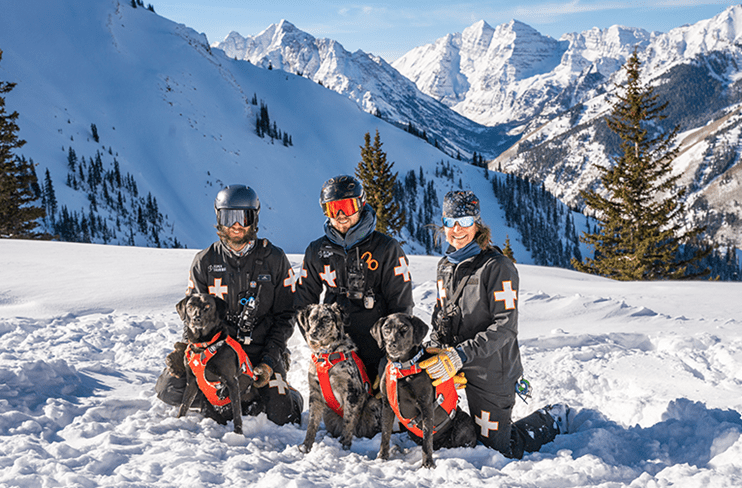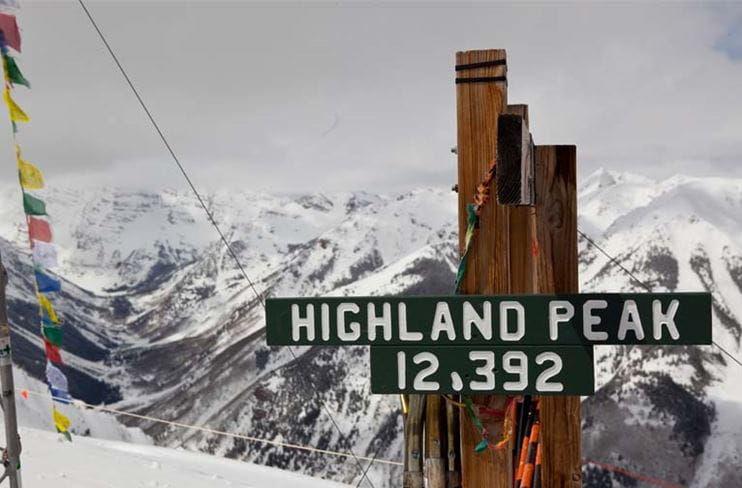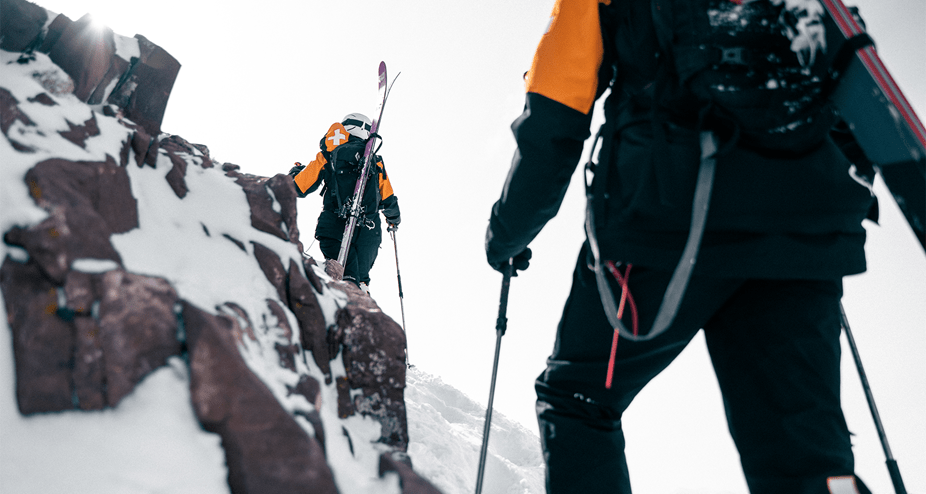
9 Easy Ski Safety Tips From Our Patrollers
With over 5,700 acres of terrain, Aspen Snowmass boasts some of the best skiing and riding in North America. Steep chutes, long, winding groomers, never-ending bump runs, the one-of-a-kind Highland Bowl, and so much more make up our four mountains, and spreading out is made easy. But with so much to offer, prioritizing safety remains paramount. While January is officially considered Safety Month in the ski industry, we know that safety isn’t confined to a single month, we like to use this time as a reminder to reinforce every possible way that people should stay safe on the mountain. With this in mind, the Aspen Snowmass Ski Patrol Directors have compiled their top tips for staying safe while on the mountain.
1. Check Your Equipment
2. Cover Your Bases
3. Know The Rules Of The Slopes
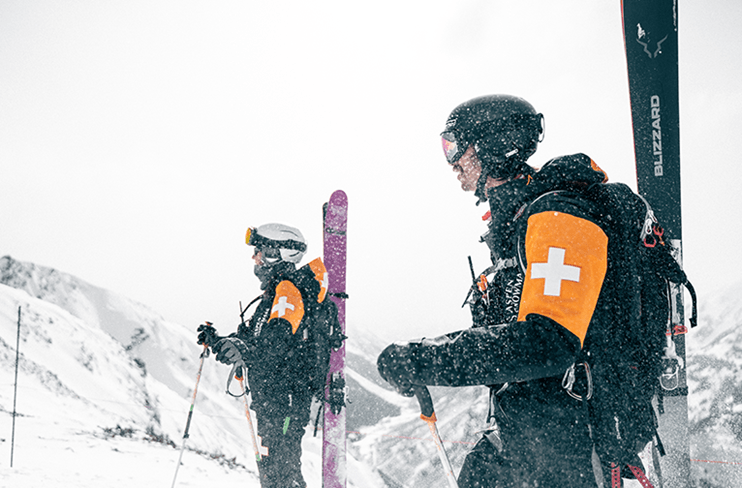
Always stay in control and be able to stop or avoid other people or objects. People ahead of you have the right of way (it is your responsibility to avoid them; you must not stop where you obstruct a trail or are not visible from above ‚ whenever starting downhill or merging into a trail, look uphill and yield to others; always use devices to help prevent runaway equipment; observe all posted signs and warnings (keep off closed trails and out of closed areas); and, finally, prior to using any lift, you must have the knowledge and ability to load, ride and unload safely.
4. Pre-Ride (Then Re-Ride) Before You Free-Ride
5. Beware Of Seasonal Conditions
6. Know What To Do When An Accident Happens
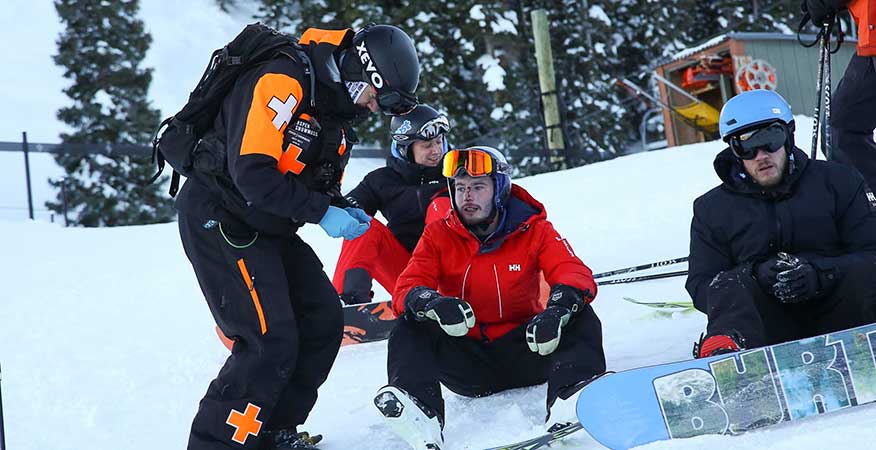
7. Know Your Limits
This is one of the most essential safety tips: stay within your skill and fitness levels. Ski and ride only where you are comfortable and don't let friends talk you into places that will get you into trouble. And remember, if you're caught skiing or riding too fast, you could lose your pass, so stay in control and avoid accidents.
8. Take A Lesson
9. Venture Into The Backcountry At Your Own Risk
If you venture beyond ski area boundaries, be educated on backcountry conditions and special equipment for necessary precautions. Inquire with local organizations that offer classes and ask the ski patrol for recommendations.

Use Your Head
Both minor and major head injuries are common no matter your skiing and riding ability. Luckily, wearing a helmet significantly reduces the risk of injury out on the slopes. Get kitted out with top-of-the-line helmets and goggles from Anon at Four Mountain Sports, the official gear provider at Aspen Snowmass.
